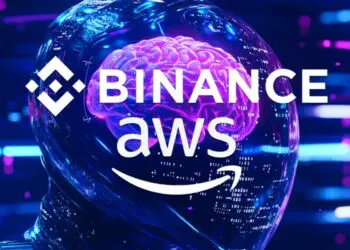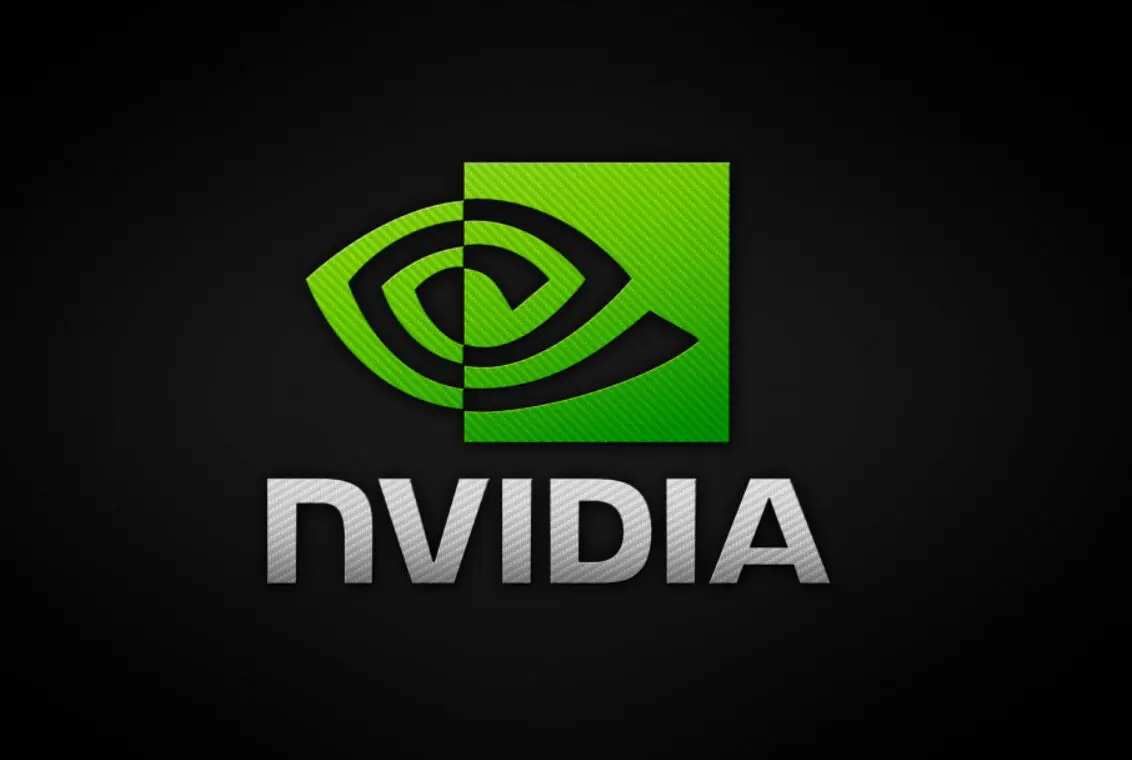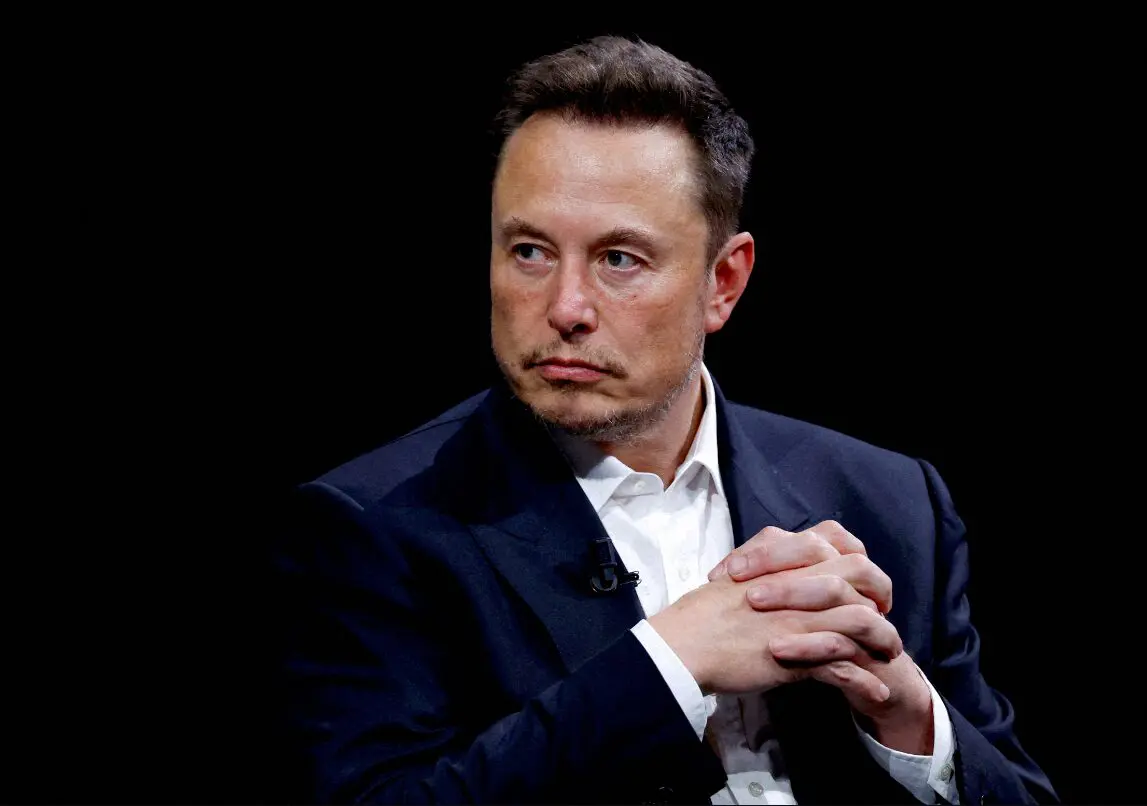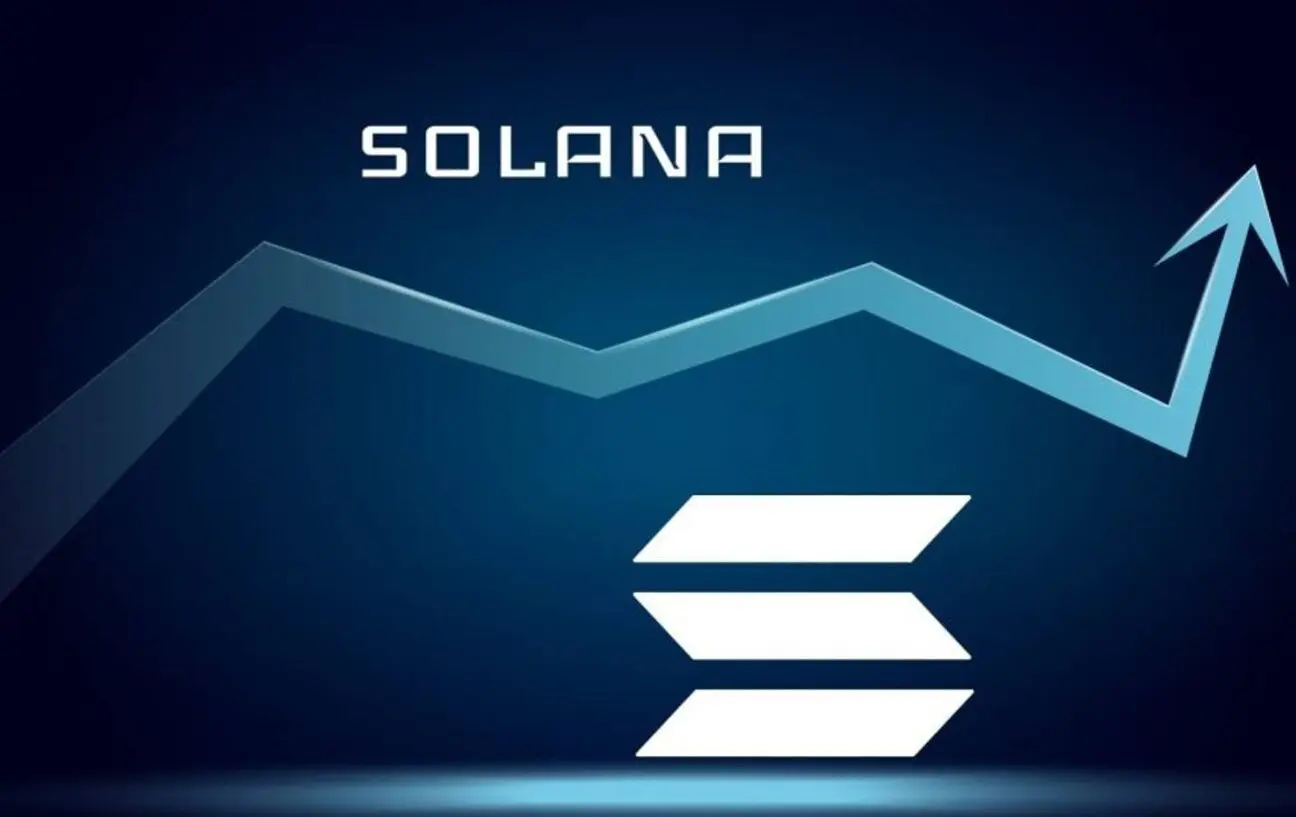Table of Contents
The development of smart cities is accelerating as urban community leaders look for ways to reduce costs, streamline processes and improve their environmental footprint.
The challenge, however, is managing all the data required to deploy intelligent algorithms in the mundane areas of modern city life: from traffic management to criminal justice.
Much of this data is general in nature. However, a large proportion of these are private, so they must be highly protected even as they are shared among the many automated systems that help make the smart city run.
First of all: how and why do cities want to become “smart”?
Blockchain support
Many city governments are exploring blockchain technology as a way to deliver their services.
The integration of blockchain as part of smart city activities is largely driven by the acceptance of the technology in the business world.
In a recent post on the website of Multidisciplinary Digital Publishing Institute (MDPI) published document by an international team of researchers states that blockchain affecting virtually every aspect of the modern digital economy and brings transparency and efficiency to financial transactions, commercial agreements, contract management and corporate administration.
As the world moves towards this new way of working, governments must also modernize their processes if they are to maintain critical functions such as regulation, law enforcement and tax collection.
As a distributed ledger technology (DLT), blockchain offers several advantages when it comes to sharing and combining data without compromising trust or security.
For one, it is extremely difficult to falsify data once it has been added to a blockchain ledger. You would have to hack numerous protected memories at the same time.
Advanced management software also makes data available on a need-to-know basis, preventing wide dissemination of personal and private information.
While blockchain can be used for a variety of community activities, the recommended MDPI-Team five key areas where they could serve as an enabler:
- energy trading – a decentralized peer-to-peer system can ensure fair trading and accurate billing, reduce intermediary costs and protect user privacy;
- healthcare – Blockchain can protect patient privacy and also provide reliable authentication for storing and exchanging data;
- Electronic voting – Secure, transparent and anonymous voting brings integrity to the entire electoral process;
- supply chain – decentralization can curb corruption, manipulation and other forms of abuse while increasing efficiency and reducing costs;
- property – Faster and safer transfer of property and other assets helps increase revenue and reduce litigation.
Intelligent systems at the network edge
Blockchain is also seen as an important complement for emerging fog and edge networks that support a variety of city government functions.
In a recent article in the magazine Frontiers in Sustainable Cities is described, how blockchain can create a computing and data marketplace which streamlines interactions between consumers and providers of digital resources, data and services.
Such a system provides greater support for intelligent agents that can fulfill critical requests from users and connected devices – many of which are themselves intelligent – that make up the ever-expanding Internet of Things.
It can e.g. B. be used to improve traffic management. Data from vehicles, traffic lights and sensors can be used to control the interaction between these devices, while also being fed into an overall management system that coordinates the wider traffic environment.
Public healthcare would also benefit from robust but secure data sharing between communities, insurance carriers, hospitals, pharmacists and patients.
In these and other applications, blockchain provides scalability, authenticity, and confidentiality throughout the data pipeline.
Distribution of competences
Decentralization. Urban Next recently found that a centralized management usually creates a bottleneck for essential services and for long-term urban renewal.
Blockchain allows for the distribution of responsibilities and tools needed to make informed decisions across multiple stakeholders, while keeping key authorities and officials abreast of what is happening across the bureaucracy.
This allows transportation, healthcare, education, and all the other quality-of-life services to respond more quickly to changing demographic and other conditions. At the same time, the control of costs, resource consumption and legal and regulatory requirements becomes more effective.
This could prove particularly useful as cities strive to improve in areas such as sustainability without sacrificing their unique characteristics.
Fast, flexible data connections combined with strong encryption strike the optimal balance between privacy and public expediency, effectively turning the city government into a “decoupled agent” that no longer has to spend significant time, money, and resources controlling the flow of data.
Data fairness
Community adoption of blockchain is one thing, but making it fair is Something completely different that warns Urban Institute. Public services should be available to everyone, not just those who have the means to be digitally connected.
At the very least, implementation strategies should consider how blockchain will impact different communities and demographics, so that any serious discrepancies can be resolved in advance.
It is also tempting to strategize the blockchain environment in partnership with private companies rather than citizens. This may be the faster and cheaper way, but it doesn’t necessarily result in an optimal result for the user base.
Solid community input coupled with a competitive developer selection process is the best formula for overall success.
Conclusion
There is no doubt that blockchain will be an important tool for both government and business in the future. This will lead to increased intelligence and automation of the many processes required for cities to function.
Like people, a city can only be as intelligent as its knowledge base allows. Without blockchain, it will be difficult at best to implement smart technologies at the pace and scale necessary to meet the needs of city dwellers.
Crypto exchanges with the lowest fees 2023
- Why Online Advertisers Should Request Website Traffic Data from Google Analytics Instead of Using SEO Tools Like MOZ or Ahrefs? - March 24, 2025
- North Carolina’s Bold Move: State Bill Proposes Investing 10% of Public Funds in Bitcoin - March 22, 2025
- Justin Sun Stakes $100 Million in Ethereum on Lido – What Does It Mean for the Market? - March 19, 2025

























